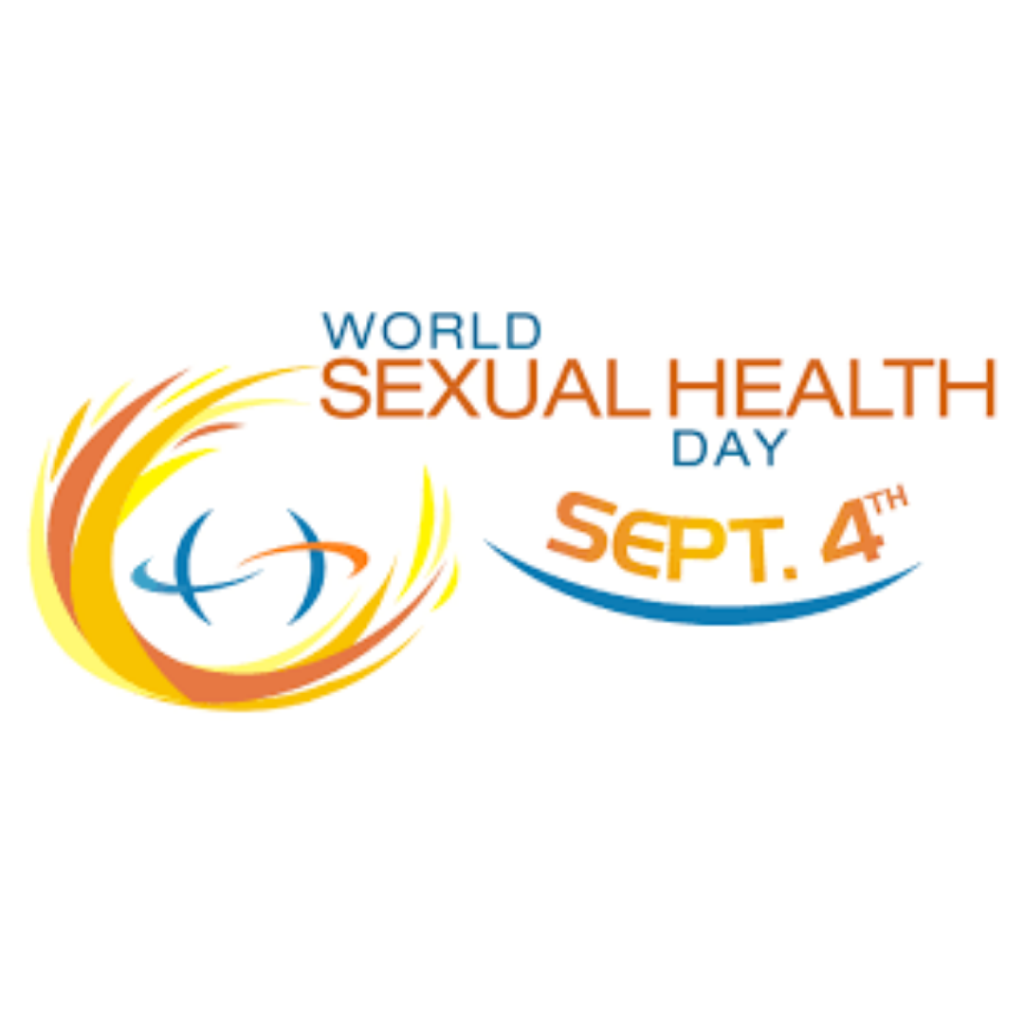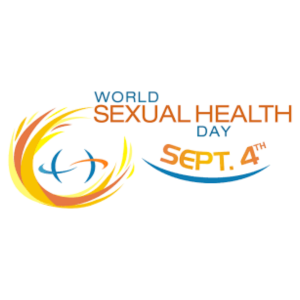World Sexual Health Day is observed every year on September 4th to raise awareness about the importance of sexual health, rights, and well-being for people across the globe. Organized by the World Association for Sexual Health (WAS) since 2010, the day provides a platform to spark open conversations, challenge stigma, and promote a holistic view of sexuality as an integral part of human life. It is not just about preventing disease, but about ensuring that everyone has the right to safe, respectful, and fulfilling sexual relationships.
The Importance of Sexual Health
Sexual health is a fundamental aspect of overall well-being. It goes beyond reproductive health to include physical, emotional, mental, and social dimensions of sexuality. A healthy approach to sexuality promotes respect, consent, responsibility, and equality. Unfortunately, issues like lack of access to sexual education, cultural taboos, gender-based violence, sexually transmitted infections (STIs), and reproductive rights violations still affect millions worldwide. World Sexual Health Day highlights these challenges while encouraging societies to adopt open, inclusive, and fact-based approaches to sexual health.
Global Themes and Campaigns
Each year, World Sexual Health Day carries a theme that guides global and local activities. These themes often focus on issues such as comprehensive sexuality education, consent, sexual diversity, and equal rights. The campaigns are designed to break silence around difficult topics, inspire dialogue, and promote awareness through media campaigns, workshops, conferences, and community events. The goal is to create safe spaces where people can learn, ask questions, and advocate for better policies that protect and promote sexual rights.
Breaking the Stigma
One of the biggest barriers to achieving sexual health globally is stigma. In many societies, talking about sexuality is considered taboo, leading to myths, misinformation, and shame. World Sexual Health Day plays a key role in normalizing these discussions by encouraging honest conversations among individuals, families, schools, healthcare providers, and policymakers. By fostering open dialogue, it helps to reduce discrimination against groups such as women, LGBTQ+ individuals, and people living with HIV, while reinforcing that sexual health is a human right.
Sexual Health and Human Rights
At its core, World Sexual Health Day emphasizes that sexual health cannot exist without human rights. This means access to healthcare, comprehensive sexuality education, protection from sexual violence, and freedom from discrimination are essential. The day aligns with international efforts such as the United Nations’ Sustainable Development Goals, particularly those targeting good health, gender equality, and reduced inequalities. By recognizing sexual health as a rights-based issue, societies can take steps to ensure that everyone, regardless of age, gender, or background, is treated with dignity and respect.
Conclusion From Kweshan
World Sexual Health Day is more than a date on the calendar—it is a global movement that reminds us of the essential role sexual health plays in building healthier, happier, and more equal societies. By raising awareness, breaking stigma, and promoting rights, the day empowers individuals and communities to embrace sexuality as a positive part of human life. As conversations continue to grow each year, World Sexual Health Day provides a chance to reflect on progress made, challenges that remain, and the shared responsibility to create a world where sexual health is accessible, respected, and celebrated by all.












